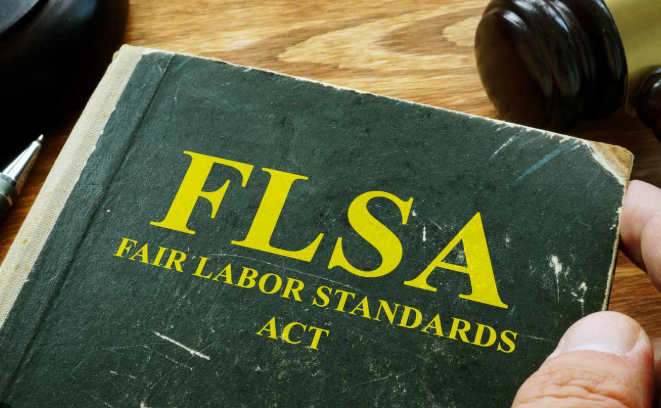
When Fair Wages Meet Public Health: How Repealing an 85-Year-Old Law Changed Lives
Imagine working full-time but being paid far less than your coworkers simply because of a disability. For decades, this was the reality for many individuals in the United States under Section 14(c) of the Fair Labor Standards Act, a policy dating back to 1938. Designed to provide job opportunities for people with disabilities, it allowed employers to pay these workers less than the federal minimum wage. Advocates have long debated whether this policy truly helps or hinders people with disabilities.

Now, as a growing number of states repeal Section 14(c), new research is shedding light on its real impact. A recent study looked at two states—New Hampshire and Maryland—that abolished this policy and examined how it affected employment for people with cognitive disabilities. The findings reveal both progress and challenges, offering important lessons for policymakers and public health advocates.
A Tale of Two States: New Hampshire and Maryland
The study used data from the American Community Survey (2010–2019) to compare employment outcomes before and after the repeal of Section 14(c) in New Hampshire (2015) and Maryland (2016). These states served as real-world laboratories, showing how removing subminimum wage laws could influence labor force participation and employment rates.
The results were striking. In New Hampshire, labor force participation among individuals with cognitive disabilities increased by 5.2 percentage points, and employment rates rose by 7 percentage points. These gains suggest that repealing Section 14(c) opened doors for many to join the workforce and find meaningful employment.
Maryland, however, told a different story. While labor force participation and employment rates also rose, the increases were smaller and not statistically significant. What caused this disparity? The study points to state-specific factors, such as differences in funding for employment training and how quickly the policy was phased out.
Why Employment Matters for Public Health
Employment isn’t just about earning a paycheck—it’s a key social determinant of health. For people with disabilities, having a job can mean better mental health, greater financial stability, and stronger social connections. Studies have shown that unemployment contributes to psychological distress and health disparities, making policies that promote fair employment critical for improving public health.
By repealing Section 14(c), New Hampshire and Maryland made strides toward equity, but the benefits weren’t evenly distributed. This underscores the complexity of translating policy changes into meaningful health outcomes.
Lessons Learned: The Role of State-Specific Factors
One of the most intriguing findings was the role of state-specific factors in shaping outcomes. New Hampshire had no Section 14(c) workers at the time of repeal but had invested heavily in integrated employment training. This funding likely contributed to its success. Maryland, by contrast, implemented a gradual phase-out, which may have delayed the policy’s full impact.
These differences highlight the importance of context. Policies don’t operate in a vacuum; their success often depends on the resources, infrastructure, and social attitudes in place to support them. For policymakers, this means that simply repealing Section 14(c) isn’t enough—investments in training, support, and inclusive workplaces are essential.
What’s Next?
As the national debate over Section 14(c) continues, this research offers valuable insights for the future. Here are some key questions to consider:
- How can states ensure a smooth transition for workers affected by the repeal? Providing robust support, such as job training and accommodations, will be crucial.
- What role do employers play? Encouraging inclusive hiring practices and addressing discriminatory attitudes can help create opportunities for people with disabilities.
- How can we measure success? Future research should explore not only employment outcomes but also broader impacts on health and well-being.
Practical Takeaways for Public Health Practitioners
For public health practitioners and advocates, these findings emphasize the need to address economic inequities as part of a broader strategy to improve health. Here’s how you can help:
- Promote inclusive policies: Advocate for fair wages and workplace accommodations that empower people with disabilities to thrive.
- Build partnerships: Collaborate with employers, community organizations, and policymakers to create supportive environments.
- Focus on education: Raise awareness about the link between employment and health, and share success stories to inspire change.
Join the Conversation
What do you think about the repeal of Section 14(c)? How can we ensure fair employment opportunities for people with disabilities? Share your thoughts in the comments or on social media. Let’s work together to create a more inclusive and equitable future.
Join the Community – Get Your Weekly Public Health Update!
Be a health leader! Subscribe for free and share this blog to shape the future of public health together. If you liked this blog, please share it! Your referrals help This Week in Public Health reach new readers.


